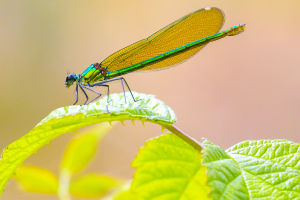Chipmunks, these small and endearing creatures, often dart into view, captivating people with their vivacity and charm.
The life of a chipmunk is full of mystery and wonder. Let's delve into the unique qualities of chipmunks and the crucial role they play in nature's tapestry.
First, let's gain insight into the lifestyle of chipmunks. They belong to the family Sciuridae, a group of small rodents typically inhabiting forests, grasslands, mountains, and riverbanks.
They possess relatively petite frames, measuring between 15 and 30 centimeters in length, with tails spanning approximately half their body length.
Adorned with gray-brown fur on their dorsal side, and sporting white or light gray underbellies, chipmunks boast black or brown markings along their flanks, aiding in their camouflage amidst dense foliage.
Chipmunks have a diverse diet, primarily subsisting on nuts, seeds, fruits, insects, and occasionally small birds.
They demonstrate adept climbing skills, utilizing their supple claws and tails to traverse the treetops in quest of sustenance. Moreover, chipmunks exhibit the behavior of caching food within their burrows, thus ensuring a vital reservoir of nutrients during the harsh winter months.
Beyond their quest for sustenance, chipmunks exhibit another intriguing trait—vocalization. Emitting an array of sounds, chipmunks communicate varied emotions and needs.
When startled or vigilant, they emit sharp, high-pitched squeaks, while contentment or happiness is expressed through gentle, purring sounds. This communication fosters coordination and cooperation among chipmunks, enhancing their survival.
Furthermore, chipmunks, aside from their natural habitat, also assume significance within human society. Though uncommon as pets, chipmunks find themselves domesticated in select locales.
Their winsome appearance and lively demeanor endear them to many, integrating them as cherished members of households.
Nonetheless, it is imperative to acknowledge that chipmunks are not universally suitable as pets, necessitating specialized environments and diets to cater to their unique needs.
In summary, chipmunks epitomize distinctive and captivating creatures, enchanting humans with their diminutive stature, and lively, amiable personalities. However, beyond their adorable façade lies a realm replete with marvel and intrigue.
In nature, chipmunks fulfill a vital ecological role, contributing to the rich tapestry of ecosystems alongside diverse organisms. Therefore, let us foster a greater appreciation for these charming creatures and endeavor to safeguard their existence, ensuring their continued presence in their natural realm.


